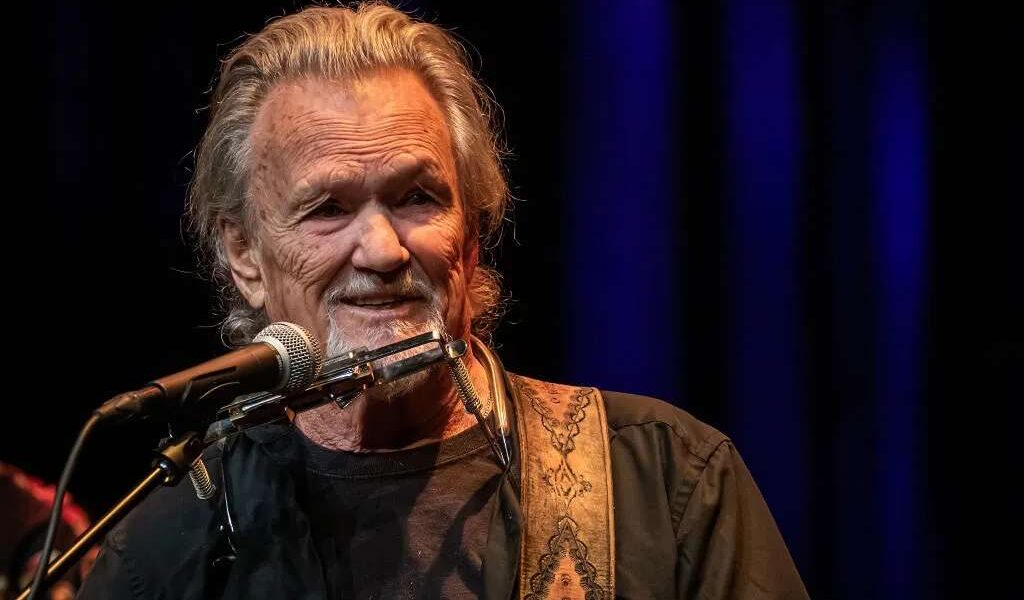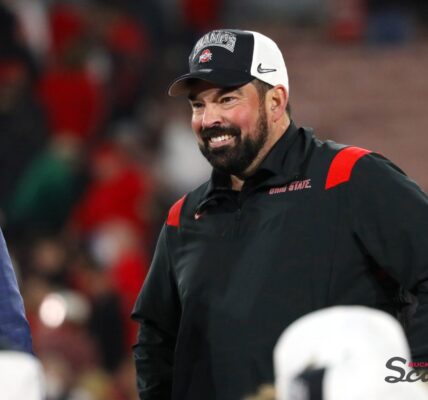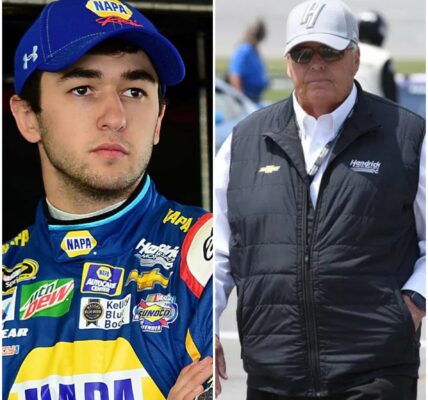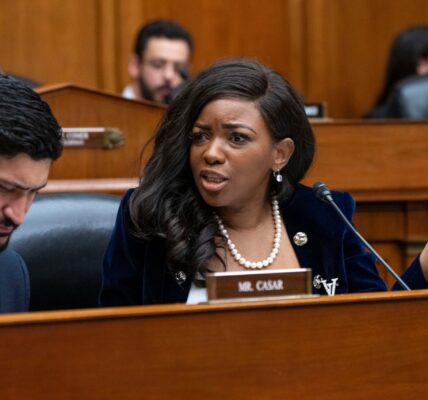On Saturday, September 28, the world lost one of its most enduring troubadours. Kris Kristofferson, the Rhodes scholar-turned-outlaw poet, died in Hana, Hawaii, at the age of 88. The cause of death has not yet been released, but the magnitude of his passing reverberated immediately across the music and film communities.
Kristofferson was not simply a songwriter. He was a force — a rugged voice that blended poetry with defiance, intellect with grit, and heartbreak with rebellion. His work shaped the outlaw country movement, yet his reach extended far beyond Nashville honky-tonks. His songs became anthems of resilience and vulnerability, sung not just by him but by icons such as Janis Joplin, Johnny Cash, and Willie Nelson.

From Rhodes Scholar to Janitor in Nashville
Born in Brownsville, Texas, in 1936, Kristofferson’s path to music was anything but typical. A brilliant student, he attended Pomona College before earning a Rhodes Scholarship to Oxford University, where he studied literature and sharpened his craft as a writer. He went on to teach English literature at the U.S. Military Academy at West Point — a prestigious position that should have paved the way to a secure career.
But security was not enough for Kristofferson. Against the expectations of his military family, he abandoned academia and moved to Nashville, where he took jobs as a helicopter pilot and even a janitor at Columbia Recording Studios. He would clean the same hallways where his heroes recorded, waiting for a chance to break through. That persistence became the cornerstone of his story.
Songs That Changed American Music
Kristofferson’s breakthrough came not from his own voice, but from the voices of others. His songs carried a lyrical depth that artists were drawn to, and they quickly became staples for legends.
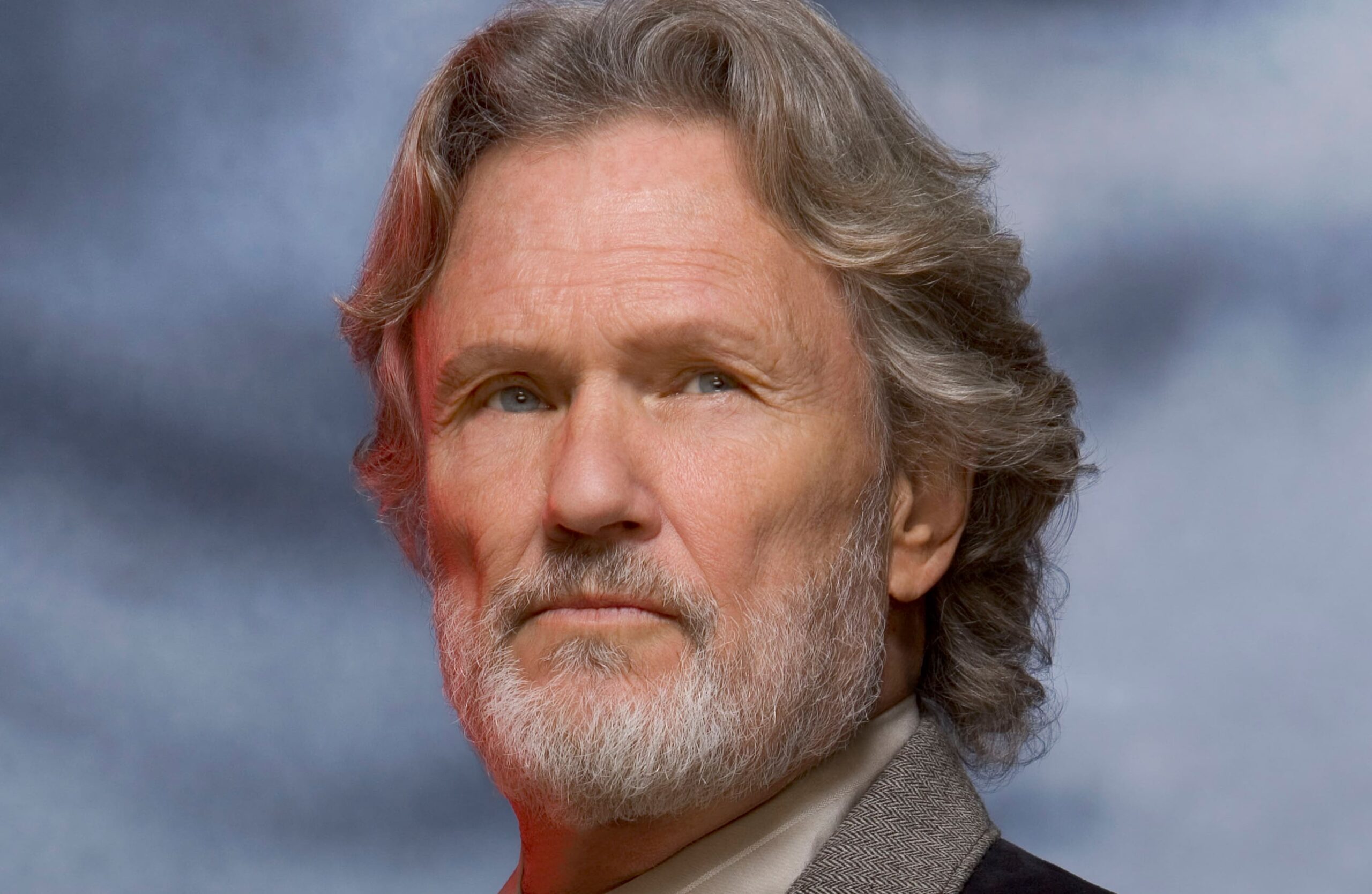
Perhaps the most famous of all was “Me and Bobby McGee.” While Kristofferson wrote it, it was Janis Joplin who immortalized it with her soulful, aching performance on her final album, Pearl. Released after her death in 1970, the song hit No. 1 on the Billboard Hot 100, turning Kristofferson into a household name.
Other masterpieces flowed from his pen:
-
“Sunday Mornin’ Comin’ Down” – a stark meditation on loneliness, brought to life by Johnny Cash.
-
“Help Me Make It Through the Night” – an intimate ballad recorded by Sammi Smith, Elvis Presley, and countless others.
-
“For the Good Times” – a bittersweet farewell, covered by Ray Price and later by Al Green.
Each song carried his signature mix of plainspoken truth and poetic ache. He had the rare ability to craft lines that felt both literary and lived-in, echoing the grit of the barroom and the weight of the human soul.
The Outlaw Country Movement
By the mid-1970s, Kristofferson was at the heart of a musical revolution. Alongside Willie Nelson, Waylon Jennings, and Johnny Cash, he became part of the outlaw country movement, a genre-defining rebellion against the polished, formulaic Nashville sound.
This group of renegades — often photographed in denim and long hair, guitars slung like weapons — rejected the industry’s attempts to control them. Instead, they brought country music back to its raw roots, infusing it with rock and folk influences.
Kristofferson’s contribution was not just in his music, but in his ethos. He embodied the rebel spirit: intellectual, restless, unwilling to conform. His songwriting became the literary backbone of the movement, while his friendships with fellow outlaws created one of the most iconic eras in American music.
Hollywood Stardom
Kristofferson’s rugged charisma soon caught Hollywood’s eye. Though many musicians dabble in acting, few succeed with the gravity Kristofferson carried to the screen.
He starred in dozens of films, but none more memorable than “A Star Is Born” (1976) opposite Barbra Streisand. His portrayal of the troubled musician John Norman Howard earned him a Golden Globe and cemented his reputation as more than just a songwriter.
Other notable roles included appearances in “Pat Garrett and Billy the Kid” (1973), “Convoy” (1978), and later, the “Blade” trilogy in the late 1990s, where he introduced himself to a new generation as the grizzled mentor Whistler.
Through it all, Kristofferson brought authenticity. He was never the polished leading man. Instead, he was the weathered, haunted figure — believable because the struggles he portrayed on screen often mirrored the battles he faced off it.
Personal Struggles and Triumphs
Kristofferson’s personal life was as turbulent as his music. His marriages, including his union with fellow singer Rita Coolidge, were well-documented, often inspiring — and complicating — his art. His relationship with Coolidge produced memorable collaborations, including a stirring duet performance of “Me and Bobby McGee” in 1978.
But beyond romance, Kristofferson also battled inner demons. He struggled with alcohol, a fight that left scars but also fueled some of his most poignant work. Later in life, he faced health challenges, including a misdiagnosis of Alzheimer’s disease, which was eventually identified as Lyme disease. Despite these hardships, he continued performing well into his 70s, often alongside Willie Nelson and the surviving Highwaymen.
The Highwaymen

In the 1980s, Kristofferson joined forces with Johnny Cash, Willie Nelson, and Waylon Jennings to form The Highwaymen — a supergroup that became one of country music’s most legendary acts. Their harmonies, their outlaw personas, and their shared history created an aura unmatched in the genre.
Songs like “Highwayman” and “Silver Stallion” showcased their collective power, but also highlighted Kristofferson’s ability to blend seamlessly with other greats. The group toured extensively, often embodying the very spirit of rebellion they had each carried individually.
Legacy and Farewell
Kris Kristofferson leaves behind a legacy that defies easy categorization. He was a soldier and a scholar, a janitor and a superstar, a poet and a movie star, a rebel and a romantic.
His songs remain timeless, not just because of their melodies, but because of their honesty. They speak of loneliness, longing, love, and regret in ways that transcend eras. Whether sung in a quiet barroom or blasted from festival stages, they remind listeners of the power of truth in art.
In reflecting on his career, Kristofferson once said:
“The freedom to be yourself is the most important thing in the world.”
It is perhaps the perfect epitaph.
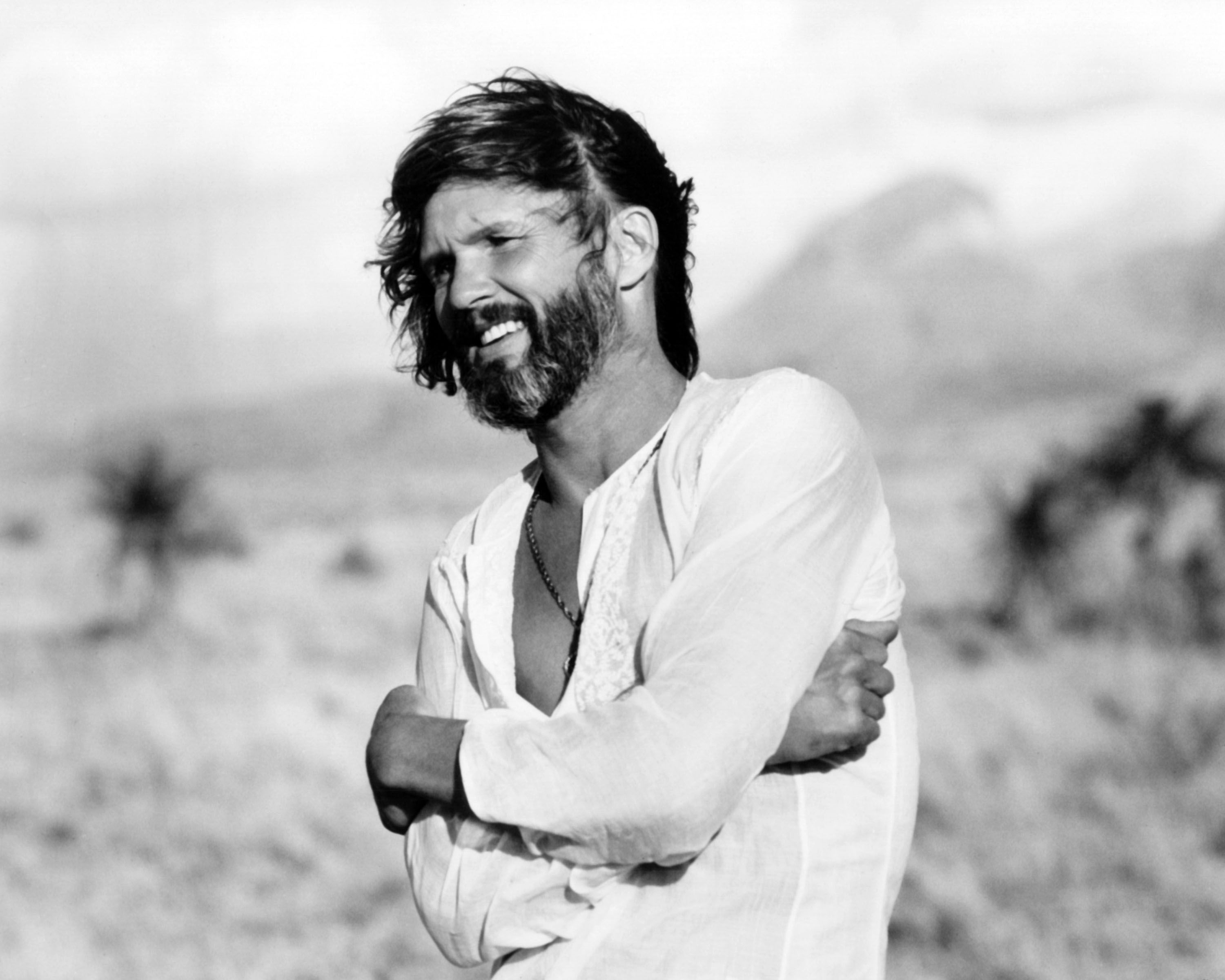
The Final Note
On September 28, in the quiet of Hana, Hawaii — far from the spotlight and the chaos of fame — Kris Kristofferson’s journey came to an end. Yet his voice, his words, and his spirit remain woven into the fabric of American music and film.
Fans around the globe now return to his songs, hearing them anew in the shadow of his passing. The man who gave the world “Sunday Mornin’ Comin’ Down” may be gone, but the Sunday mornings he captured — aching, honest, and human — will live forever.
